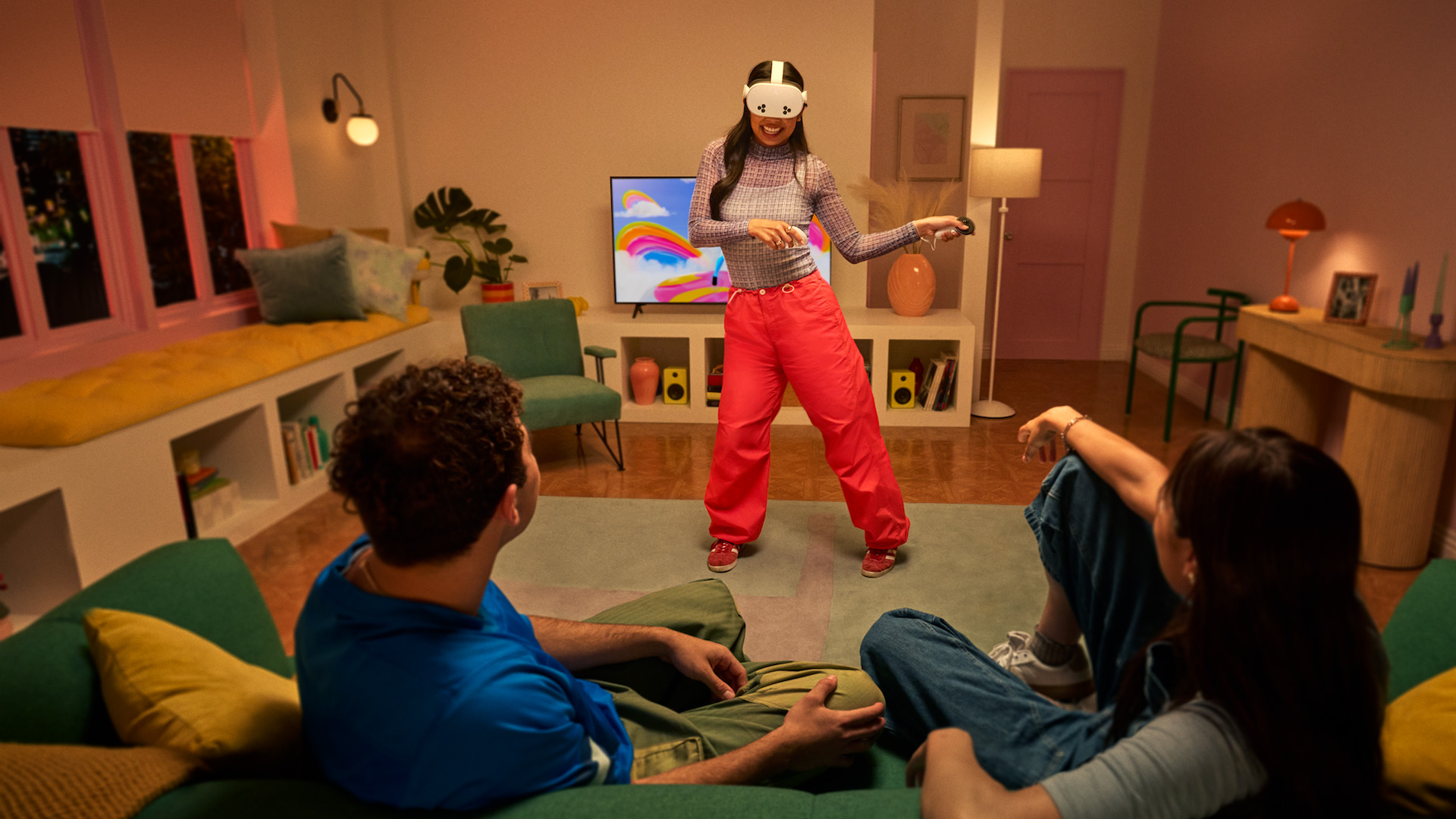A late 2024 survey by the Game Developer Collective reveals a concerning trend in the virtual reality (VR) industry. More than half of game developers believe the market is either stagnant or declining, while only a quarter still see growth potential. Even with Apple’s entry into the VR space, interest among developers remains lukewarm. Supporting these concerns, research firm Omdia reported a 10% drop in VR headset sales in 2024, with further declines expected in 2025.
Lack of Industry Commitment and Technical Limitations Stall VR’s Growth and Adoption
Major studios appear hesitant to invest in VR projects, despite past successes like Half-Life: Alyx. Valve, for instance, has shifted focus toward multiplayer games and hardware, rather than following up on Alyx’s success. Apple’s Vision Pro headset has also failed to generate widespread enthusiasm among developers. With major players showing little commitment to VR, the market struggles to gain momentum.

Unlike other advancing technologies, VR continues to face persistent limitations. Developing high-powered yet lightweight and comfortable headsets remains a challenge. Optical technology has yet to achieve the ultra-realistic immersion needed to drive widespread adoption. Additionally, battery life issues and VR motion sickness deter many potential users, limiting the appeal of VR beyond a niche audience.
Spatial Constraints and Practical Challenges Hinder VR’s Mainstream Adoption and Growth
Beyond hardware limitations, VR requires sufficient physical space to function effectively. High-end PC-based VR setups need external sensors and dedicated room space, while standalone devices like Meta Quest 3 and PSVR2 still face practical challenges in small living spaces. The need for physical movement makes VR impractical for many users, further restricting its mainstream adoption.
Despite continued technological advancements and the backing of major corporations, VR faces many of the same struggles as in previous years. Developers remain hesitant, sales are declining, and the lack of major game releases limits consumer interest. Once hailed as the future of gaming, VR now risks remaining an expensive niche rather than the industry-changing revolution once promised.




